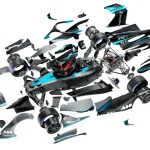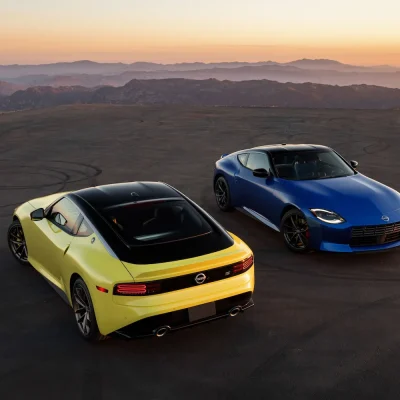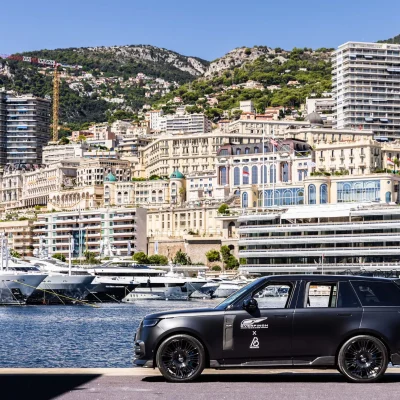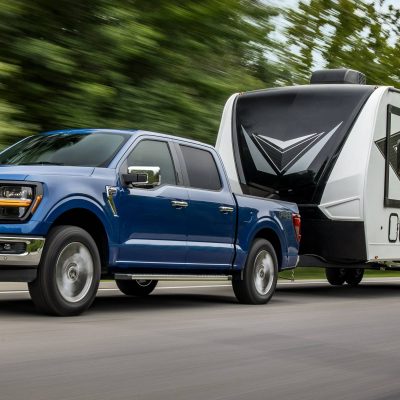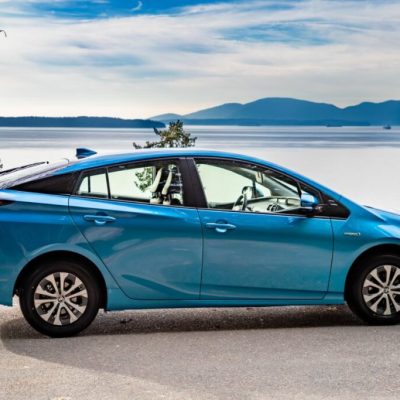When it comes to buying a car, most people focus on looks, performance, or the latest tech features. But there’s another critical factor that often flies under the radar until it’s time to sell or trade in: how well does the car hold its value over time? Understanding a vehicle’s residual value — essentially, how much it’s worth years after you drive it off the lot — can save you thousands of dollars and turn your car purchase into a smarter investment.
Let’s take a deep dive into how cars age in the market, which models stand the test of time, and what makes some cars keep their value while others depreciate faster than a sports car at a red light.
What Is Residual Value and Why Should You Care?
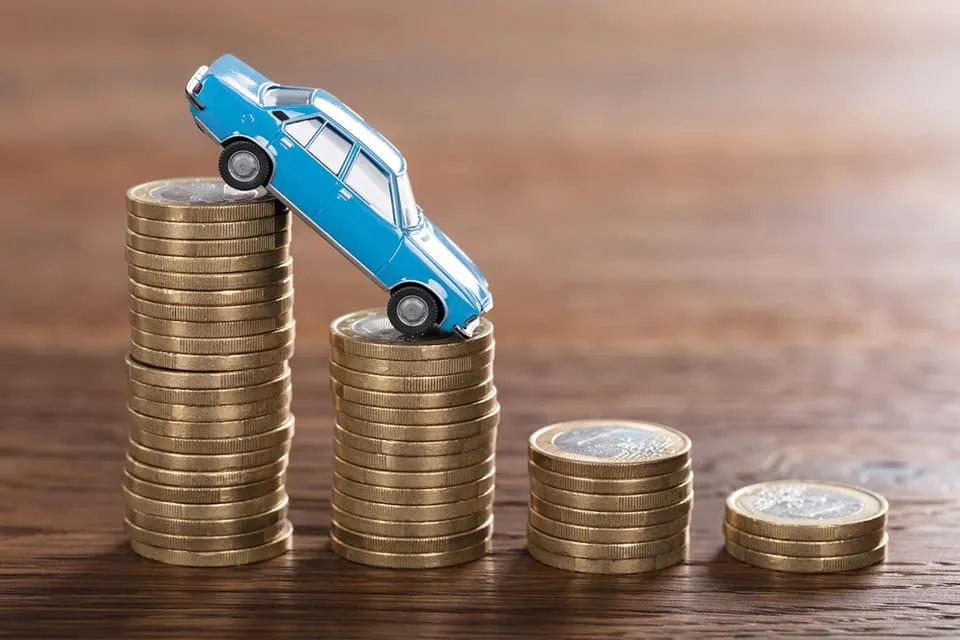
Residual value is the percentage of a car’s original price it retains after a certain number of years, typically five. For example, if a vehicle costs $40,000 new and has a residual value of 60% after five years, it would be worth around $24,000 on the used market. High residual value means less depreciation, which benefits you whether you plan to sell, trade, or lease.
Think of it like owning a rare collectible or a piece of fine art — some items only increase in desirability and value with time, while others lose their shine quickly. Cars, as it turns out, can behave similarly.
The Kings of Longevity: Cars That Retain Their Value
Certain vehicles have earned a reputation for holding their value like precious gems. These aren’t just random picks; they reflect decades of engineering durability, brand trust, and market demand.
- Toyota Tacoma: The legendary midsize pickup truck continues to dominate resale charts, retaining over 60% of its original value after five years. Its blend of rugged reliability and everyday usability keeps buyers coming back.
- Chevrolet Corvette: American sports car icon with a fierce reputation. Despite being a high-performance machine, the Corvette’s residual value is exceptionally strong, holding around 61%. It’s a collector’s dream that remains accessible.
- Toyota Tundra and 4Runner: Both models are stalwarts in the truck and SUV categories. Their durability, off-road prowess, and Toyota’s reputation for reliability keep their resale values rock solid.
- Ford Bronco: A recent resurgence of this classic off-roader means strong demand and a respectable residual value near 57%. The Bronco combines nostalgia with modern tech and capability, making it a favorite among enthusiasts.
- Mercedes-Benz G-Class: The luxury SUV that doubles as a status symbol and an off-road beast holds around 56% of its value. Its iconic design and exclusivity make it a standout in both new and used markets.
- Honda CR-V and Toyota RAV4: Practical, reliable, and popular compact SUVs that balance fuel efficiency and versatility, these models keep their value well over 50%, proving that sensible choices can also be smart investments.
- Porsche 911 and Toyota GR Supra: Sports cars that combine performance with heritage and exclusivity. Both maintain strong residuals, showing that speed and style can also mean financial savvy.
Why Do Some Cars Age Better Than Others?
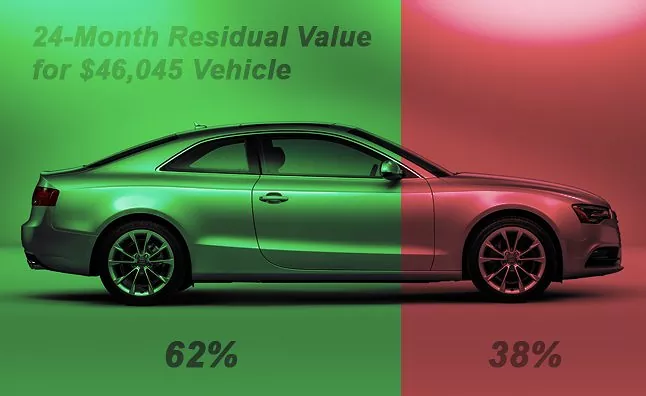
Several intertwined factors determine why certain vehicles hold value while others quickly depreciate:
Brand Reputation: Trustworthy brands known for longevity and low maintenance costs, like Toyota and Honda, naturally inspire confidence in buyers, boosting resale prices.
Market Demand: Vehicles that fill a niche or have a cult following—such as the Ford Bronco or Chevrolet Corvette—maintain high demand even as they age.
Utility and Versatility: Trucks and SUVs, especially those with off-road or towing capabilities, remain desirable due to their practicality in various lifestyles.
Limited Production and Special Editions: Cars like the Porsche 911 benefit from exclusivity, making them sought-after even years after release.
The Other Side of the Coin: Cars That Depreciate Fast
While some vehicles age gracefully, others lose their value rapidly, often due to changing technology or market perceptions. Notably, many early-generation electric vehicles have faced steep depreciation. Concerns about battery longevity, rapid technological advancements, and shifting incentives contribute to this trend.
Models like the Nissan Leaf or Jaguar I-PACE have seen significant drops, reminding us that innovation cycles in EVs are fast, and what’s cutting-edge today can quickly feel outdated tomorrow.
How to Maximize Your Car’s Resale Value
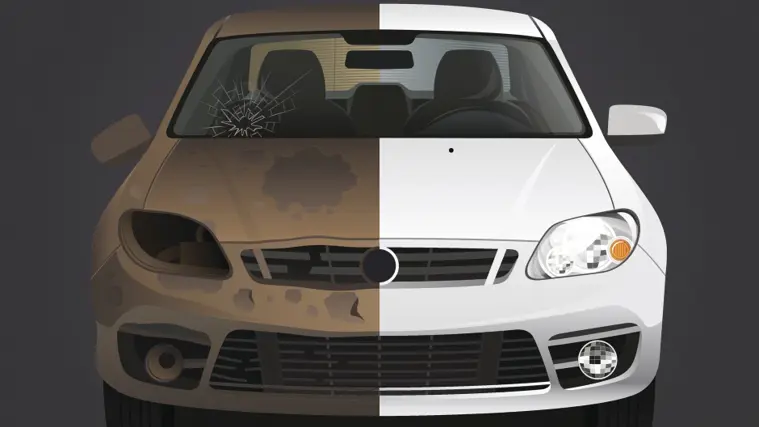
Even if you can’t pick a top-ranking model, there are ways to help your car age better financially:
- Maintain Regular Service: A well-documented maintenance history reassures buyers and keeps the vehicle running smoothly.
- Avoid Excessive Modifications: Customizations might please you but can deter buyers and lower resale value.
- Protect the Exterior and Interior: Keep the paint and cabin in good condition by avoiding accidents, parking in shade, and cleaning regularly.
- Control Mileage: Lower miles on the odometer generally translate to higher resale prices.
Wrapping Up: Choose Smart, Drive Confident
Cars that hold their value well are more than just practical choices—they’re smart financial decisions. Whether it’s the rugged dependability of a Toyota pickup, the prestige of a Mercedes G-Class, or the thrill of a Corvette, these vehicles prove that depreciation doesn’t have to drain your wallet.
Next time you’re eyeing a car, think beyond the initial sticker price. Consider how well it will age, how it fits your lifestyle, and what it might be worth down the road. Investing in a car with strong residual value isn’t just about saving money—it’s about driving with confidence, knowing your ride will keep pace with your life and your finances.
Because in the world of cars, aging well isn’t just about mileage or looks—it’s about lasting value.




